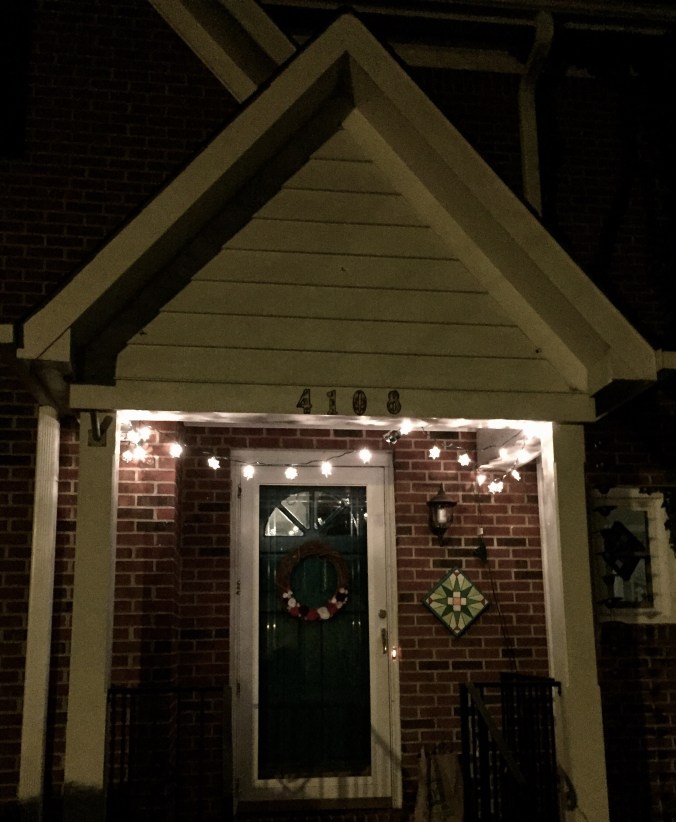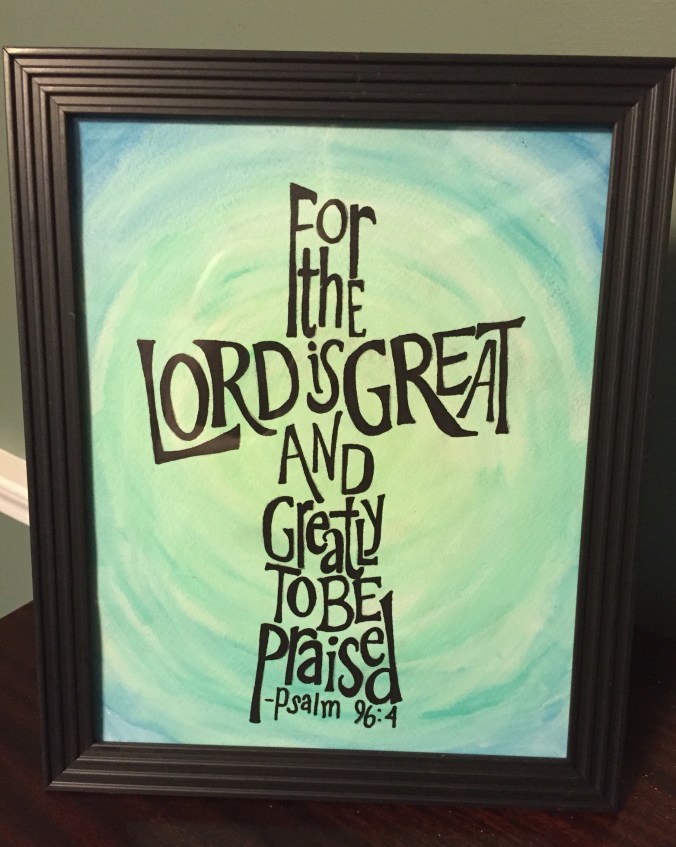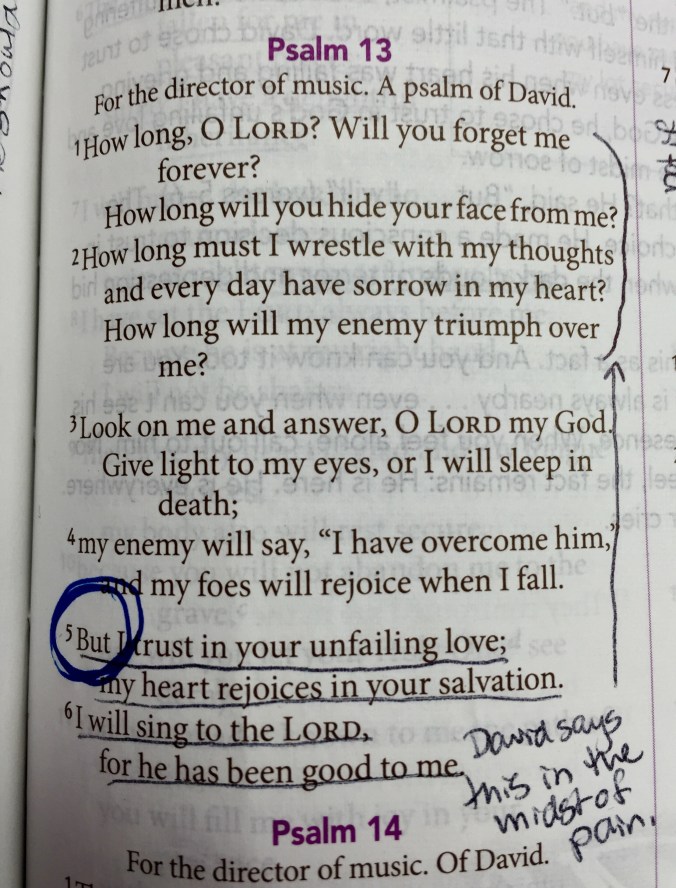So the other day I posted this picture on Facebook: 
Asking whether it was a weed or a real-on-purpose plant.
And the comments took were not as cut and dry as I was expecting. There was some debate. Was this Creeping Jenny, or Chickweed? Is this plant something desirable, or an invasive pest?
(Spoiler alert: chickweed- although the discussion has now convinced me to pull up the free plant that appeared in my yard and replace it with it’s near twin that I will purchase at the store. Sometimes gardening- and America- makes no sense…)
But over the past 24 hours, something that was just a passing query has now taken root (pardon the pun) in my mind.
How do we determine the value of something?
Is it beauty? Usefulness? Rarity? Convention?
What makes chickweed a weed and Creeping Jenny a desirable plant for your garden? (I know that there is probably an extensive, fact based answer to this particular question, but please, for the sake of discourse, let’s let the metaphor stand…)
When is something mundane, and when is it an invitation to marvel? What is the thing that separates the ordinary from the remarkable, the humdrum from the holy? Is it something inherent to the object, or is beauty truly in the eye of the beholder?
If you look in the Bible, God uses ordinary objects over and over again to break into our reality. A bush. A donkey. A star. A stable. Bread. Wine. Things that have ordinary uses, and yet, when viewed with kingdom eyes, shimmer with transcendence.
Children are so good at recognizing this duality. Daily I am handed a wilting dandelion or a particularly remarkable stick? Why? Because, in my little people’s eyes, these are treasures. Little boy’s pockets are always filled with rubber bands and acorns and fragments of paper, because they need an arsenal of miracles within their reach at anytime. Poking a dead bee with a stick becomes an hour long activity. A pile of dog poop next to the sidewalk becomes the inspiration for a 15 minute fantasy tale of the doggy that left it (don’t scoff- this happened to me this past Sunday afternoon). To a child’s eye, the world is chock full of magic and imagination. An adventure just waiting to happen. To an adult, these same things simply hold face value. Where did the whimsy go?
A few months ago, I read a poem, and then immediately took a paint pen and wrote the poem on the wall in the bathroom. Why? Because I only have about 7 minutes a day of uninterrupted time to shower think. And I wanted these words to surround me during that time…
Praying by Mary Oliver
It doesn’t have to be
the blue iris, it could be
weeds in a vacant lot, or a few
small stones; just
pay attention, then patch
a few words together and don’t try
to make them elaborate, this isn’t
a contest but the doorway
into thanks, and a silence in which
another voice may speak.
Just pay attention. For me, this concept is summed up in the word Selah. As I have noted earlier on this page, Selah is a word used in the Old Testament. Although the definition isn’t precisely known, scholars tend to agree it means something along the lines of “Stop, and think on this.” When used in the Psalms, it is thought that this word could signal a musical interlude in the song.
Either way, it is an invitation, even a command, to stop. It is a doorway into silence. A moment that grabs your attention, that reminds you that there is more to this life than the next thing on your calendar.
When is the last time you paused? Even just for a few breaths? When is the last time you gave yourself permission to stop, and think on something? To simply be grateful? Do you live an interruptible life?
I seldom do. And yet, I am constantly seeking small rituals that can serve as reminders to pause. To breathe. To be aware that I am not what matters in this life. To marvel and to give thanks to a good God who is with me all the time. In the blue iris and in the handful of small pebbles my preschooler just handed me.
Selah.








 e if we step back and look at them. Things like… fake cussing. “Holy Toledo,” “Mother of Pearl,” “No effing way,” and, worst of all, “Bless Her Heart.”
e if we step back and look at them. Things like… fake cussing. “Holy Toledo,” “Mother of Pearl,” “No effing way,” and, worst of all, “Bless Her Heart.”